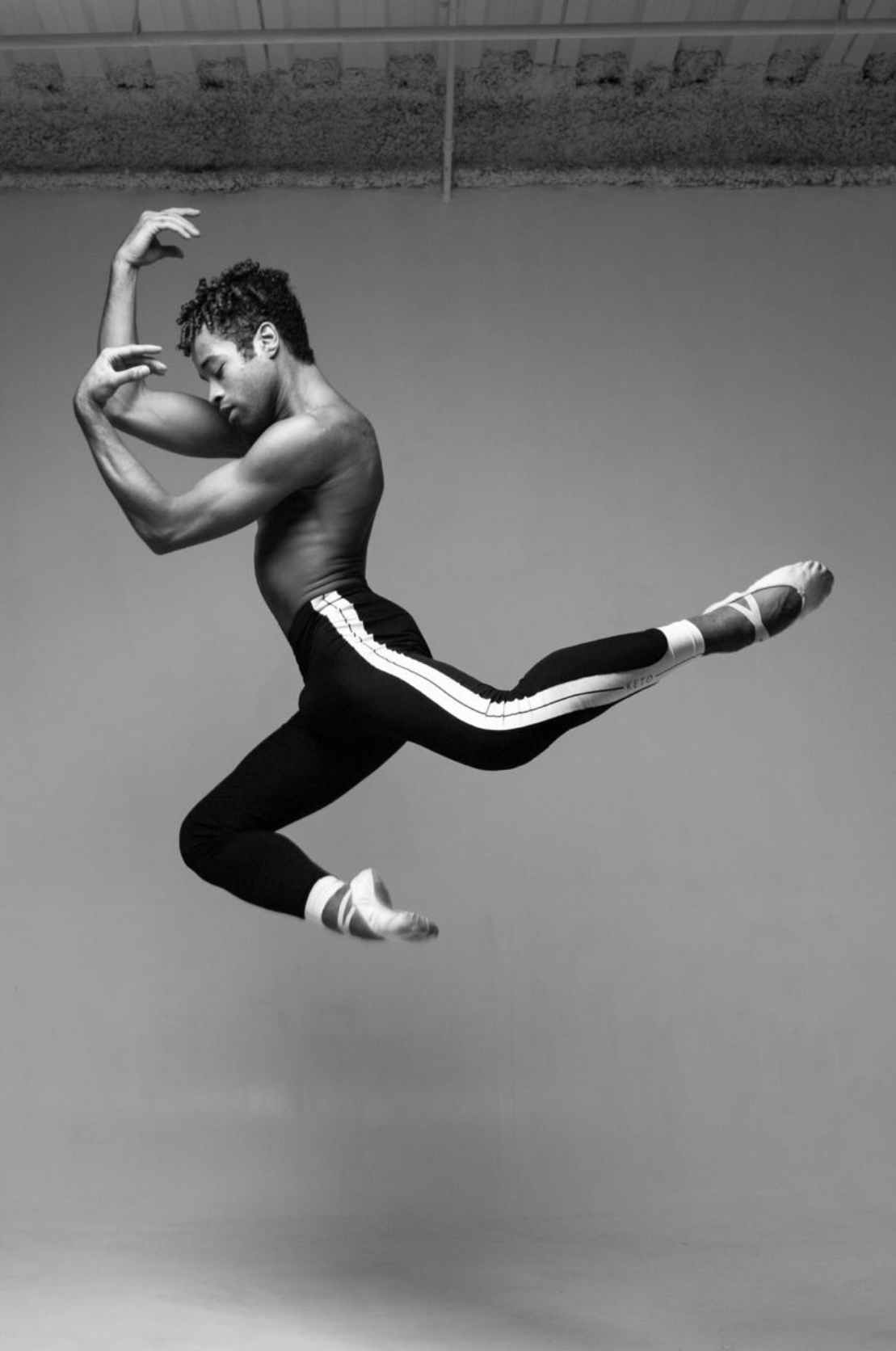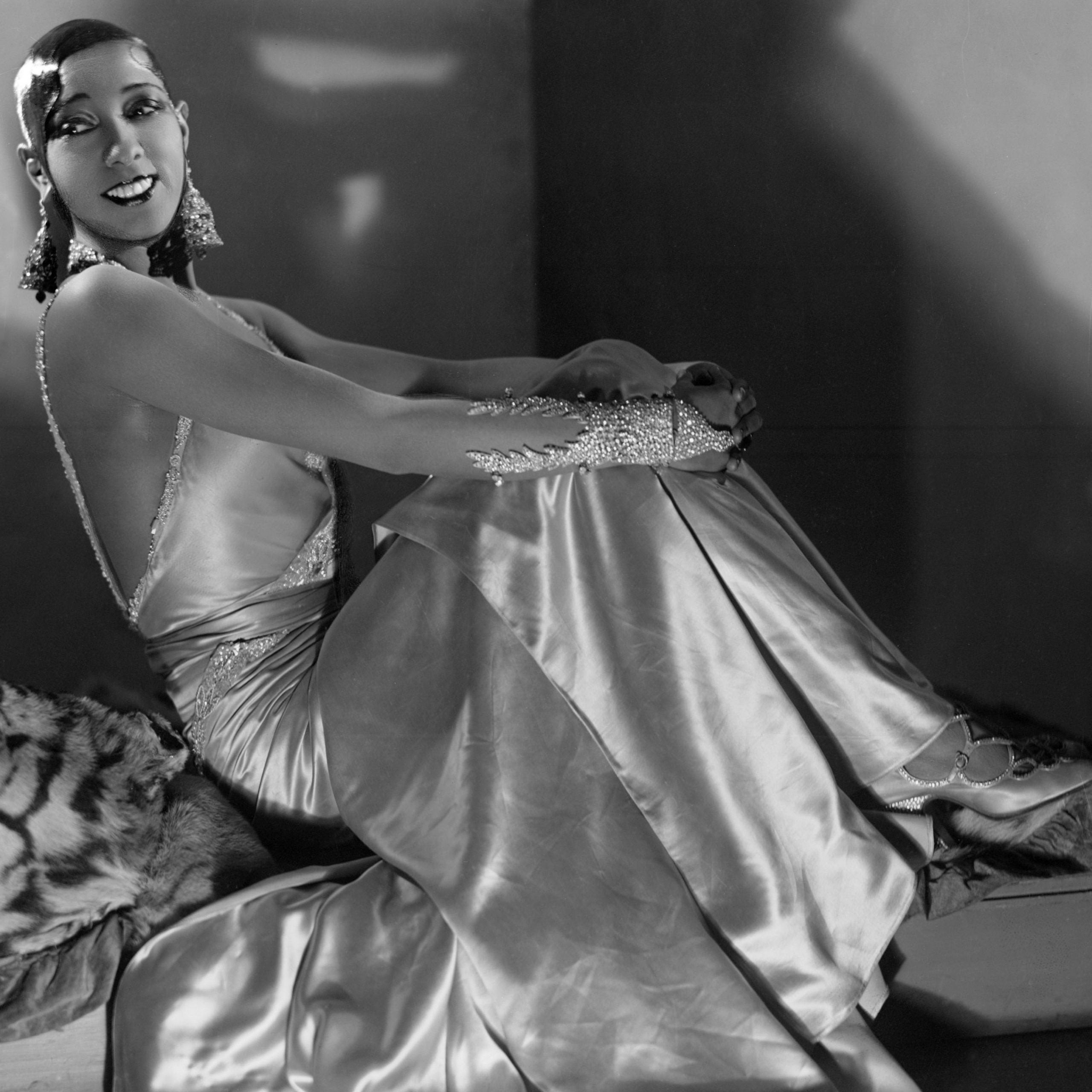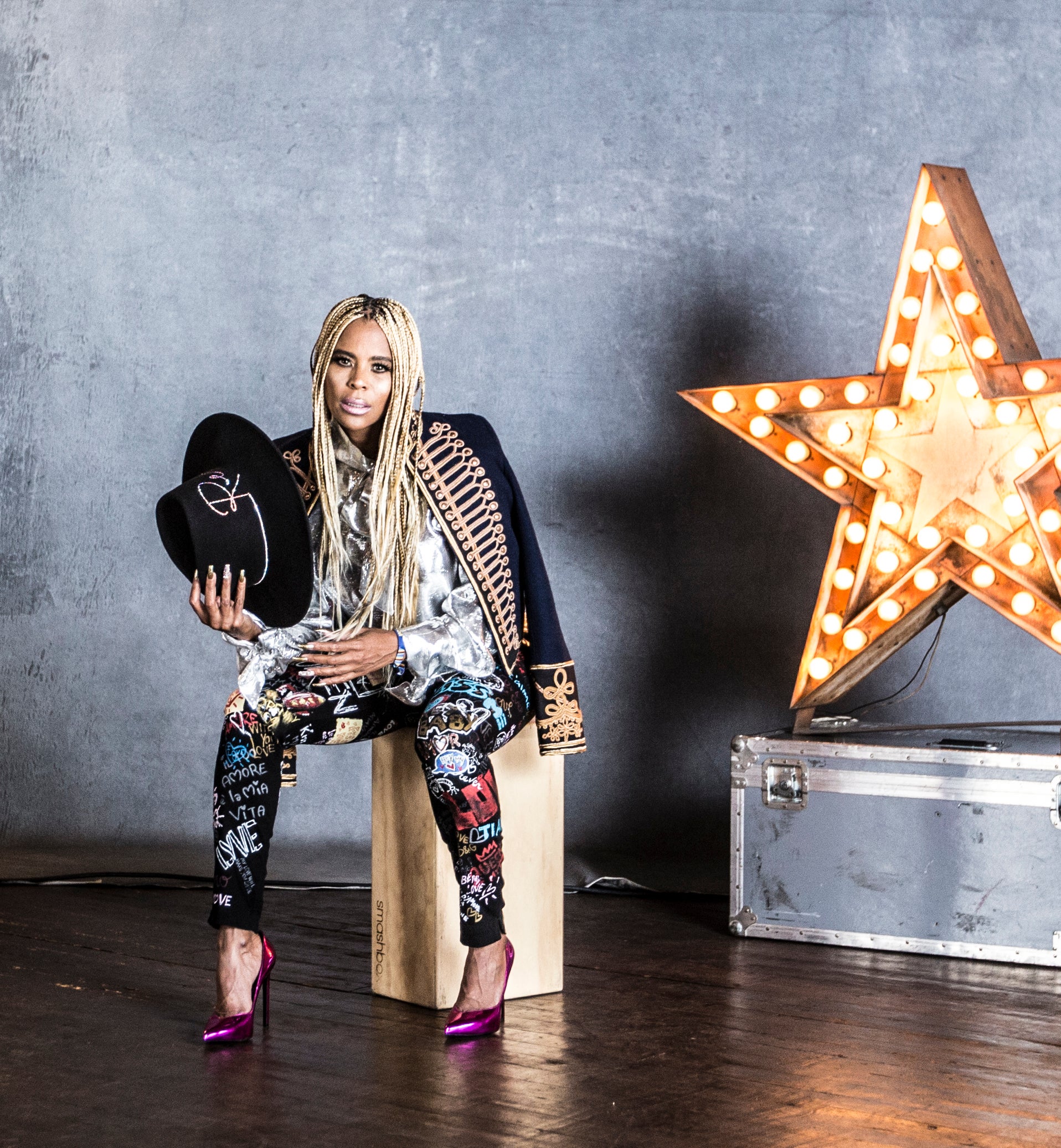
“Josephine Baker was a trendsetter and the trend, in my opinion, was Blackness,” award-winning ballet soloist Gabe Stone Sheyer said poignantly about the legacy of the renowned dancer 100 years after she made her debut in the Broadway musical Shuffle Along. “She had an amazing unfiltered approach to speaking, dressing, and performing without watering herself down.”
Born Freda Josephine McDonald on June 3, 1906 in St. Louis, Missouri, the American-bred French entertainer was a trailblazer in her own right and one of the most successful Black performers to have ever lived. At the age of 15 she ran away from home to join an African American theatre troupe after creating her own opportunities by dancing in the streets to collect money.

Baker’s career kicked off after she became a Vaudeville dancer — a popular theatrical genre of variety entertainment in the 20th century. Eventually, she relocated to New York City, becoming a part of one of the most booming eras for the Black community – the Harlem Renaissance. Shuffle Along, a “musical novelty” that premiered in 1921, celebrated the nuances and talents of the Black community through comedy, singing, and dancing. It is often called the first successful all-Black musical and deemed the beginning of the Harlem Renaissance by the late Langston Hughes. Baker performed in the show’s traveling production until she took her talent to Paris and kickstarted her famed show Danse Sauvage in which she danced across the stage in a banana skirt.
“The impact of Josephine Baker on the dance community is limitless and timeless, particularly her ability to be unique with her choice of movement, the way she expressed herself through movement, and her performance quality,” said Emmy-nominated creative visionary and choreographer Laurieann Gibson. “Her fearlessness is something I continue to be inspired by and utilize in my creative process.”

In addition to Baker, Shuffle Along also featured famed acts such as Nat King Cole, Mamie Smith, and Florence Mills and lasted for approximately 504 nights. It was written by Flournoy Miller and Aubrey Lyles, composed by Eubie Blake, and lyrically written by Noble Sissle. Most notable songs from its score include “I’m Just Wild About Harry,” which was used during President Truman’s presidential campaign, and “Love Will Find a Way.”
Shayer, who is also a regular dance partner of Misty Copeland and creative director for CHANEL’s PAS DE DEUX four-part docuseries, pointed out that he’s particularly enamored with Baker’s ability to dance to the beat of her own drum. “A lot of times as a Black dancer in a classical and predominantly white company, it’s easy to want to replicate what exists as the ‘best.’ Difference of opinion is not encouraged, but I’ve taken away that difference in perspective and that approach that expressing yourself through an art form is a plus and enhances the richness of humanity. In short, embrace your individuality to become a true artist.”

Gibson feels the same when it comes to thinking outside the box. “I took a lot of that with me when working with Nicki Minaj, Lady Gaga, and all the powerful females that not only carved out an original perspective but are bold, beautiful, and brave enough to stand behind their artistic interpretation,” Gibson said. “Josephine Baker inspires me to be all that I am. Her interpretation of the power and the presence of being a beautiful Black woman both sexually and internally is one of the most awesome things that I continue to be inspired by.”




